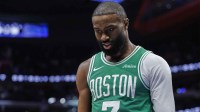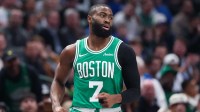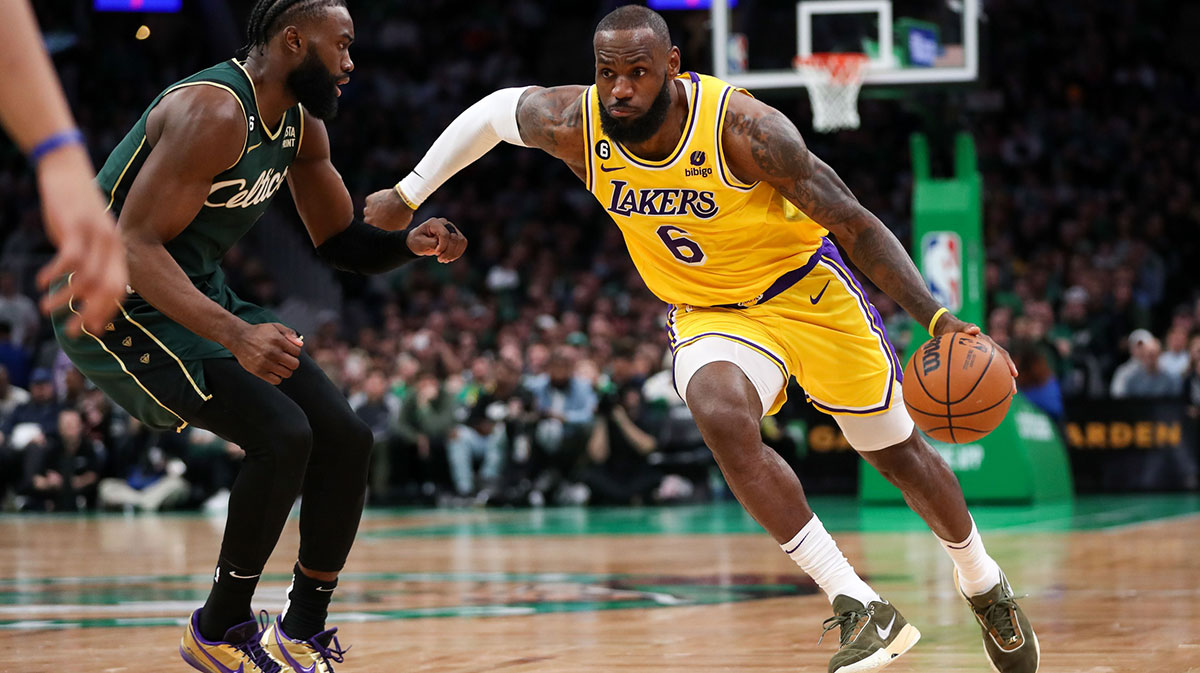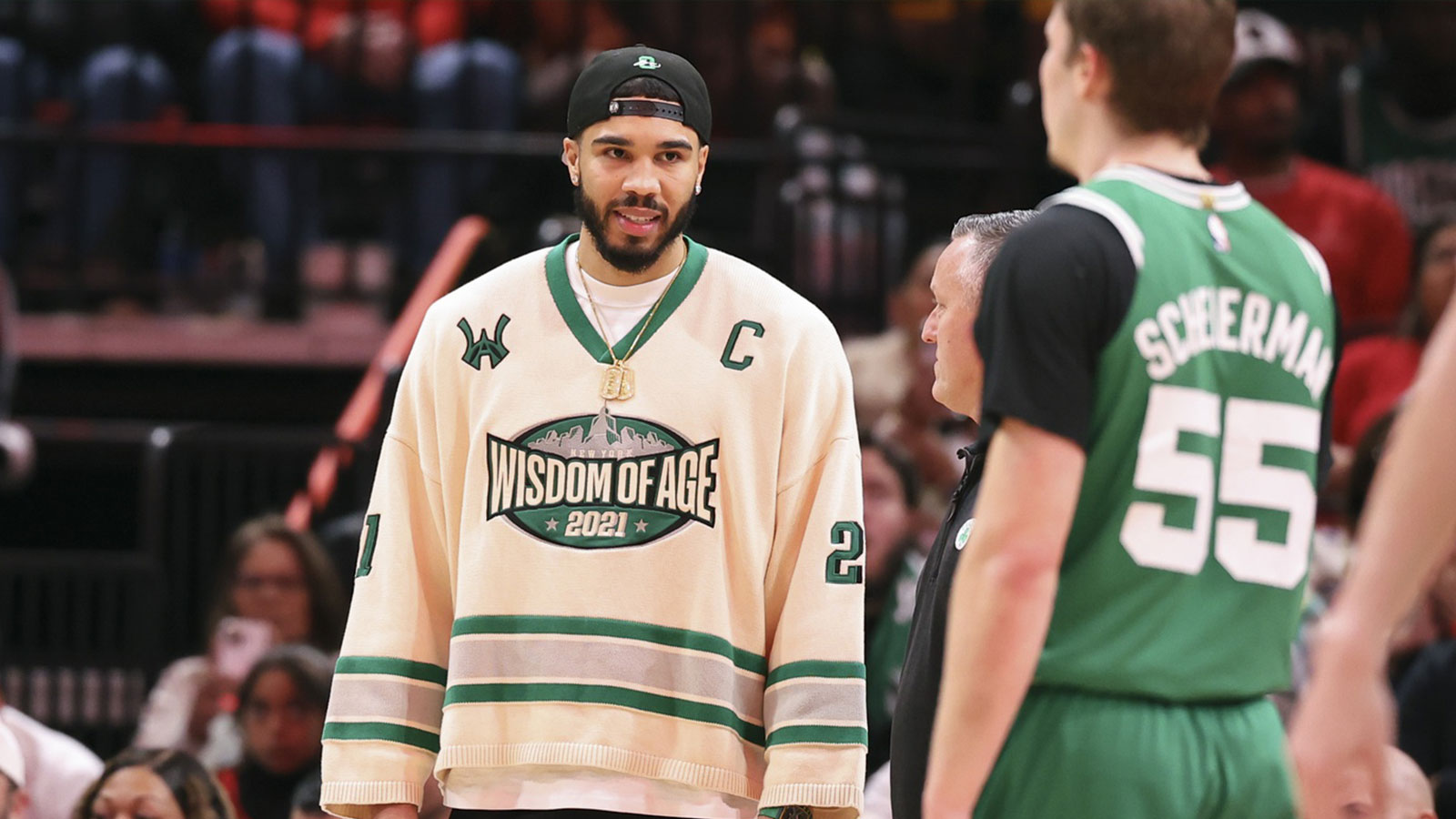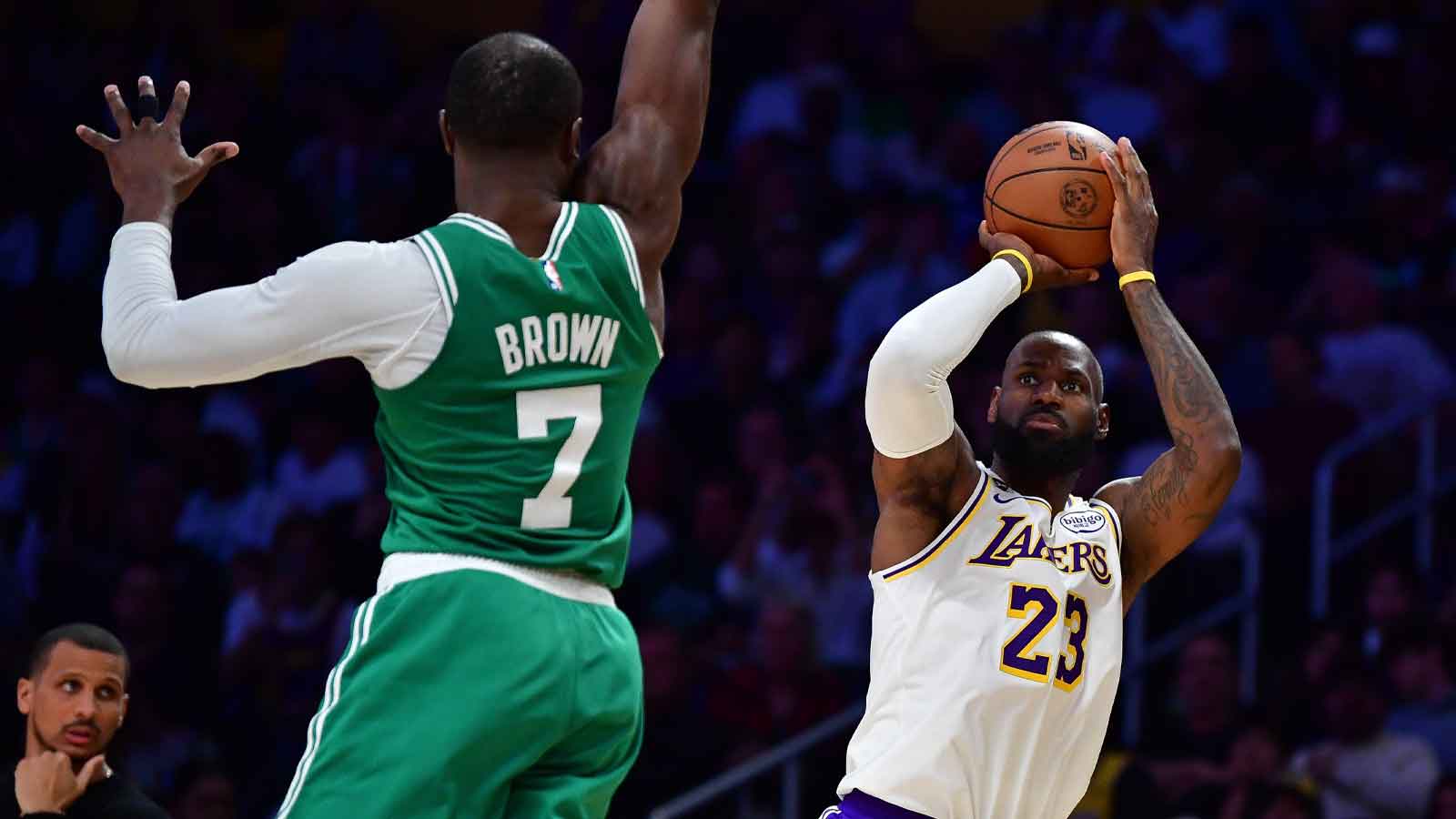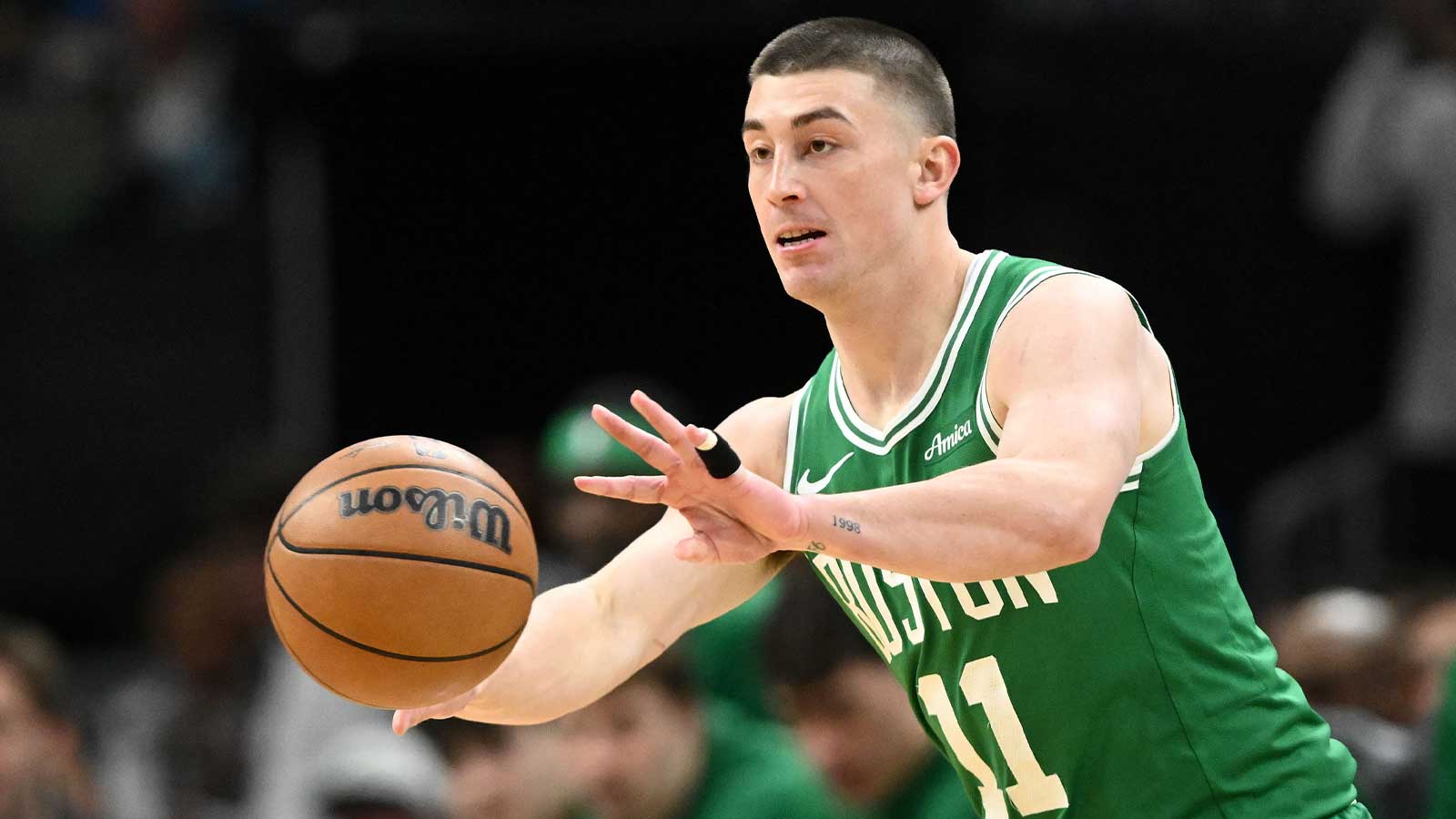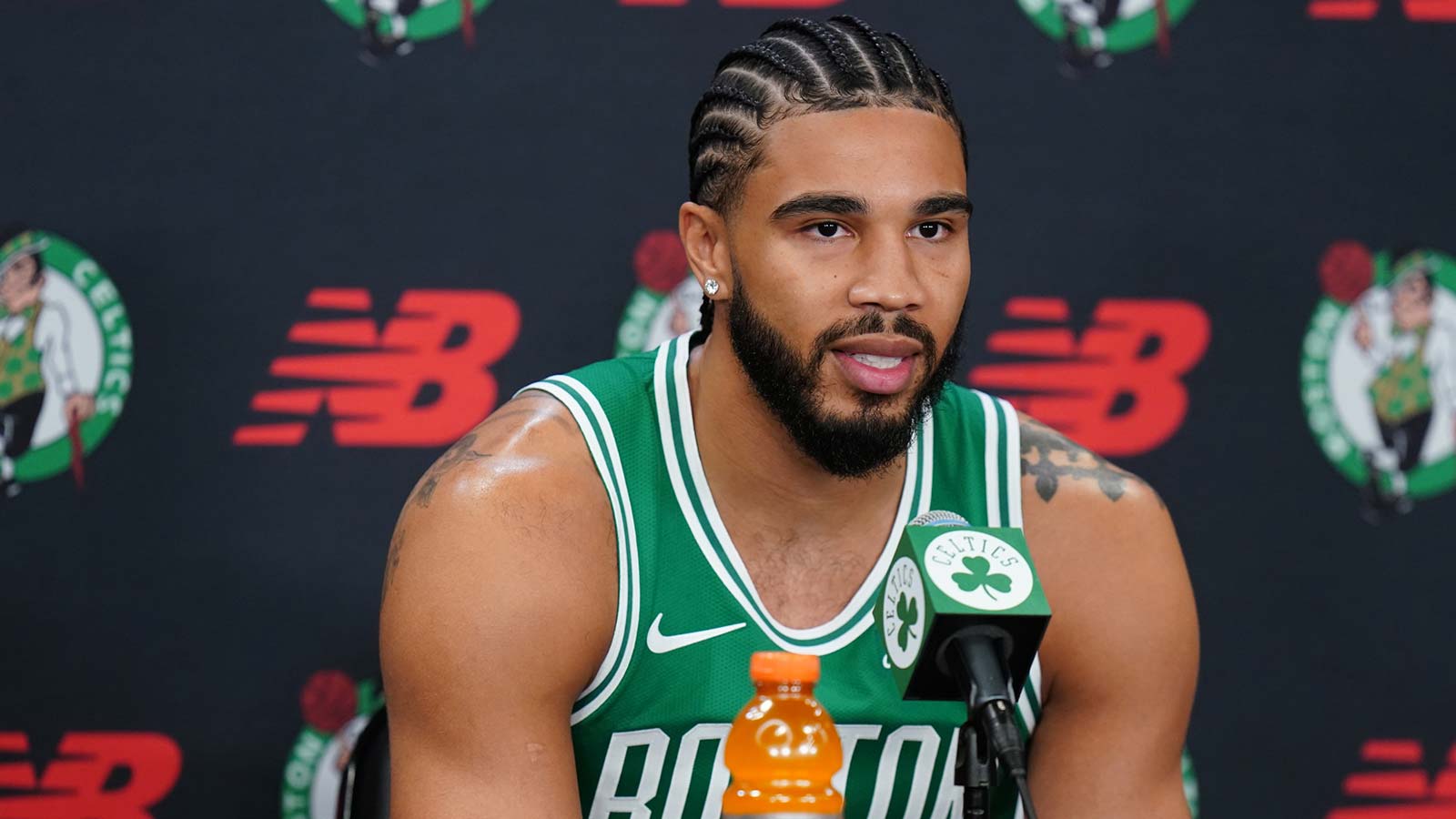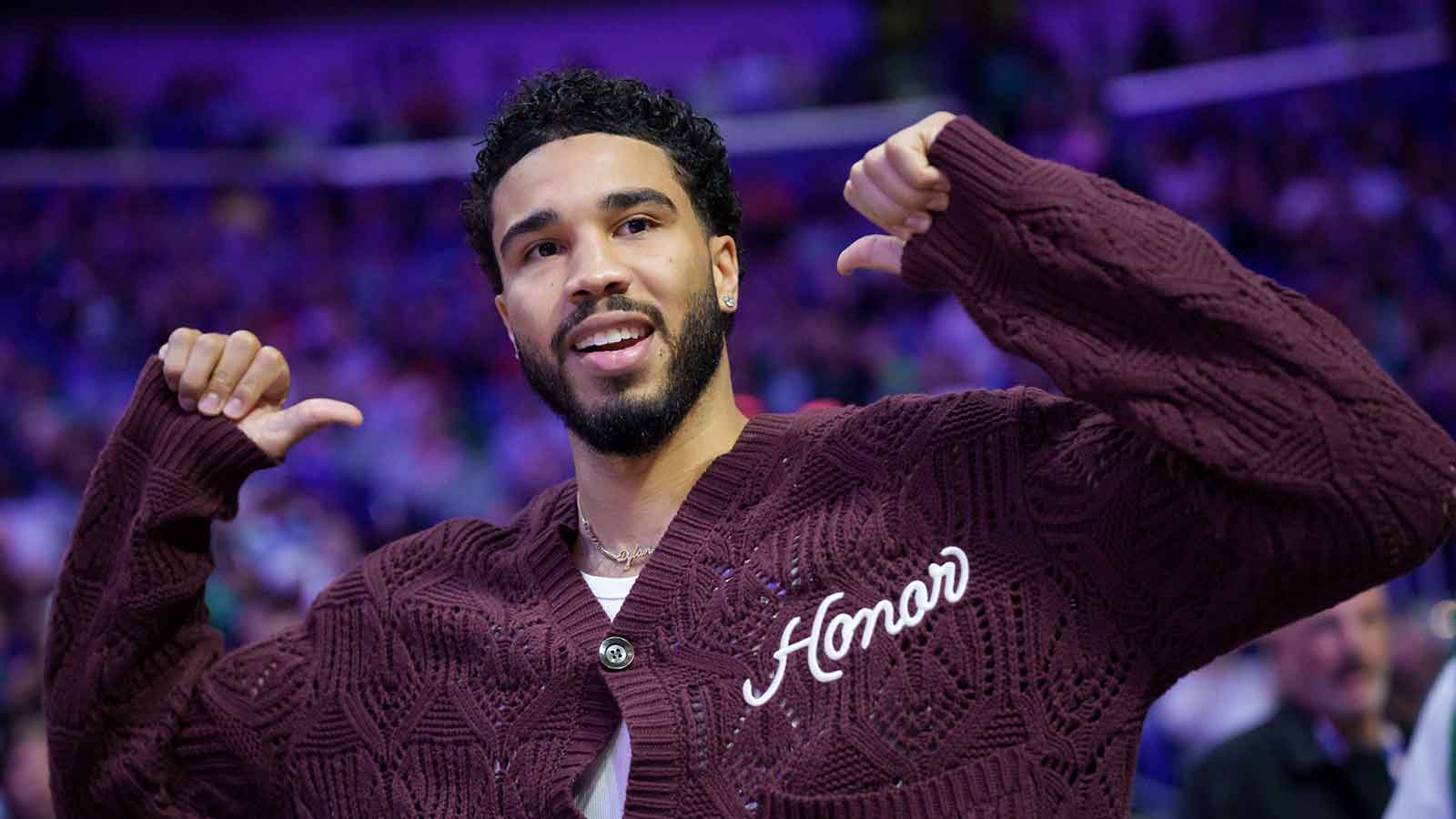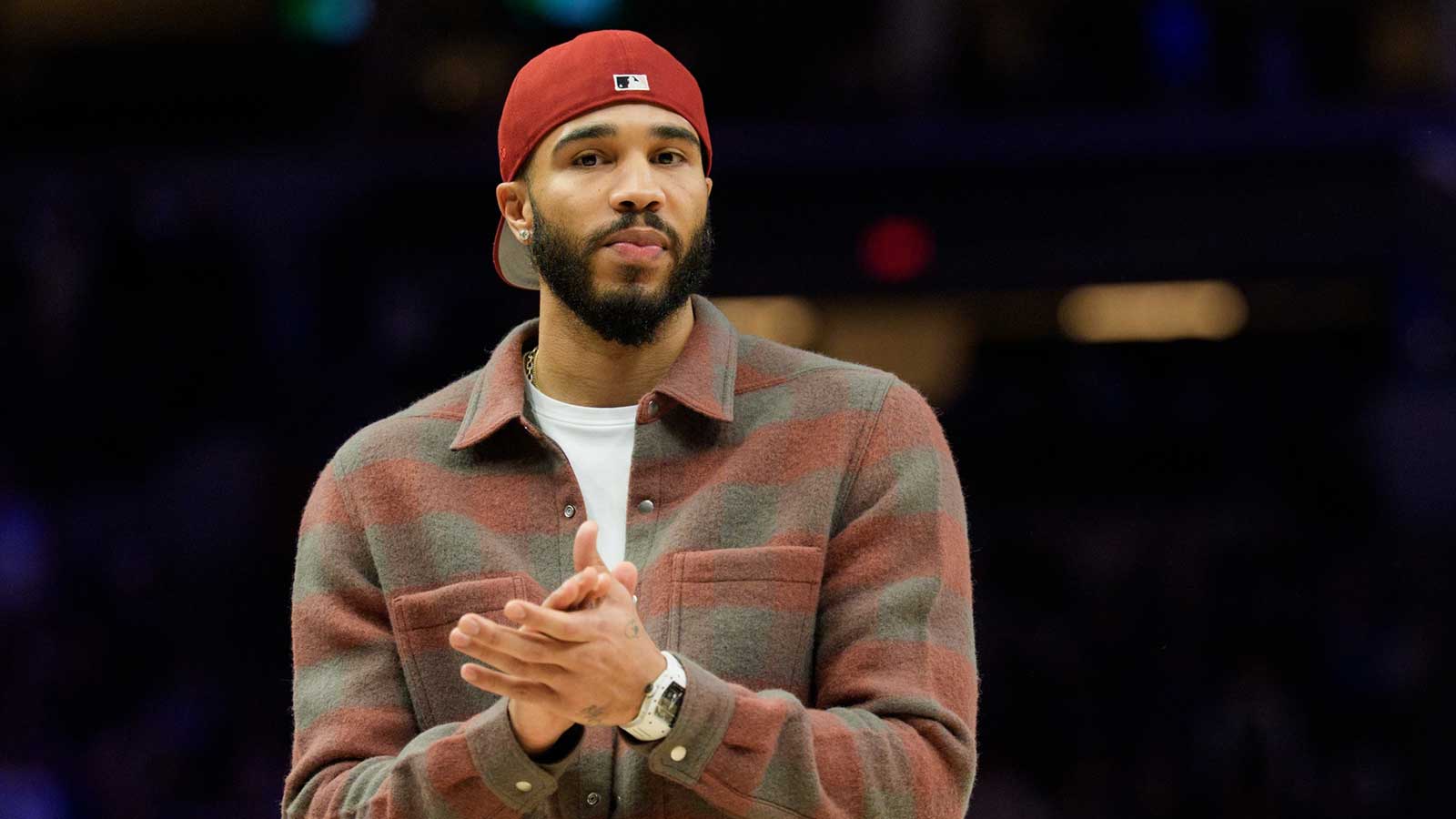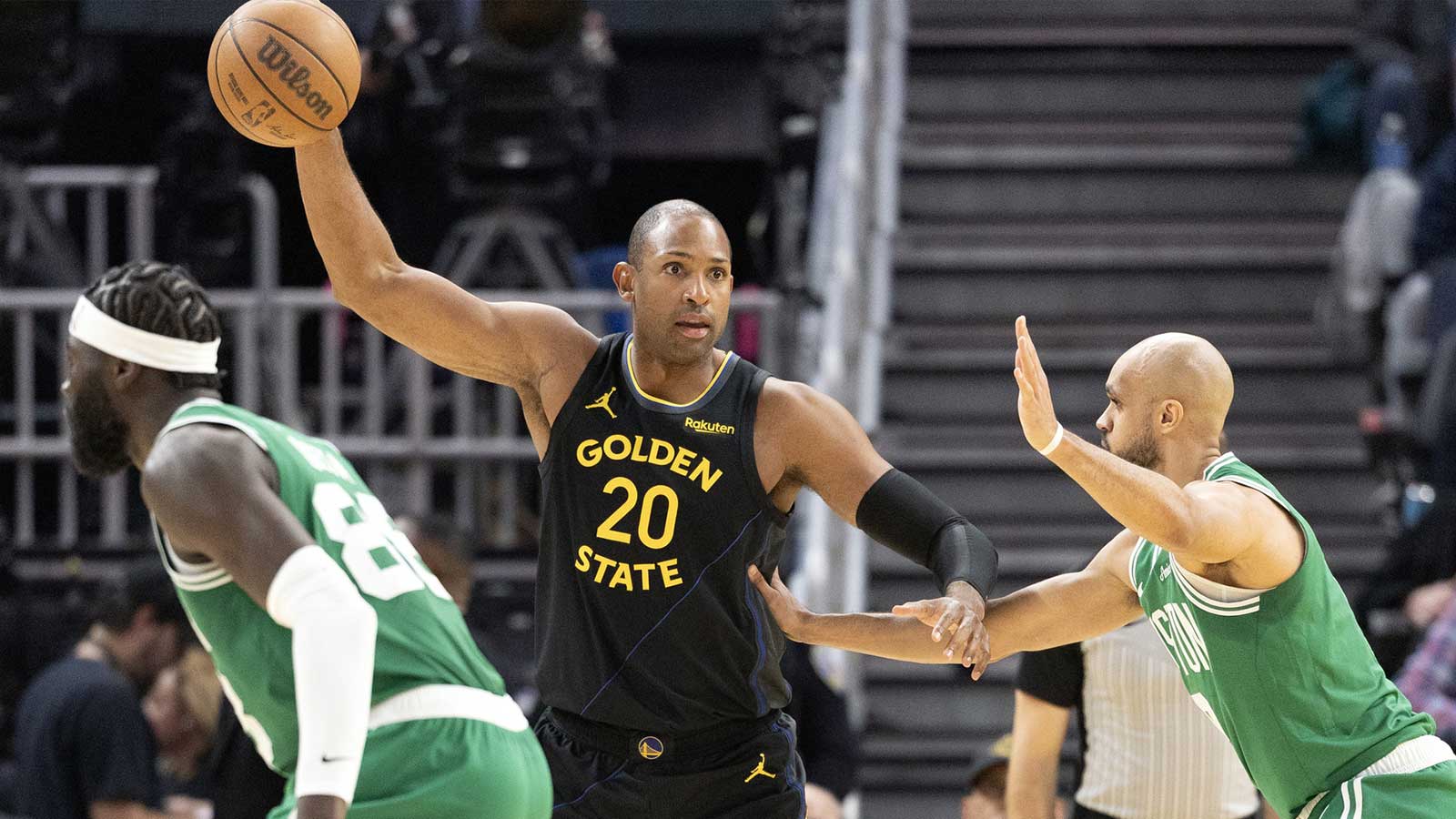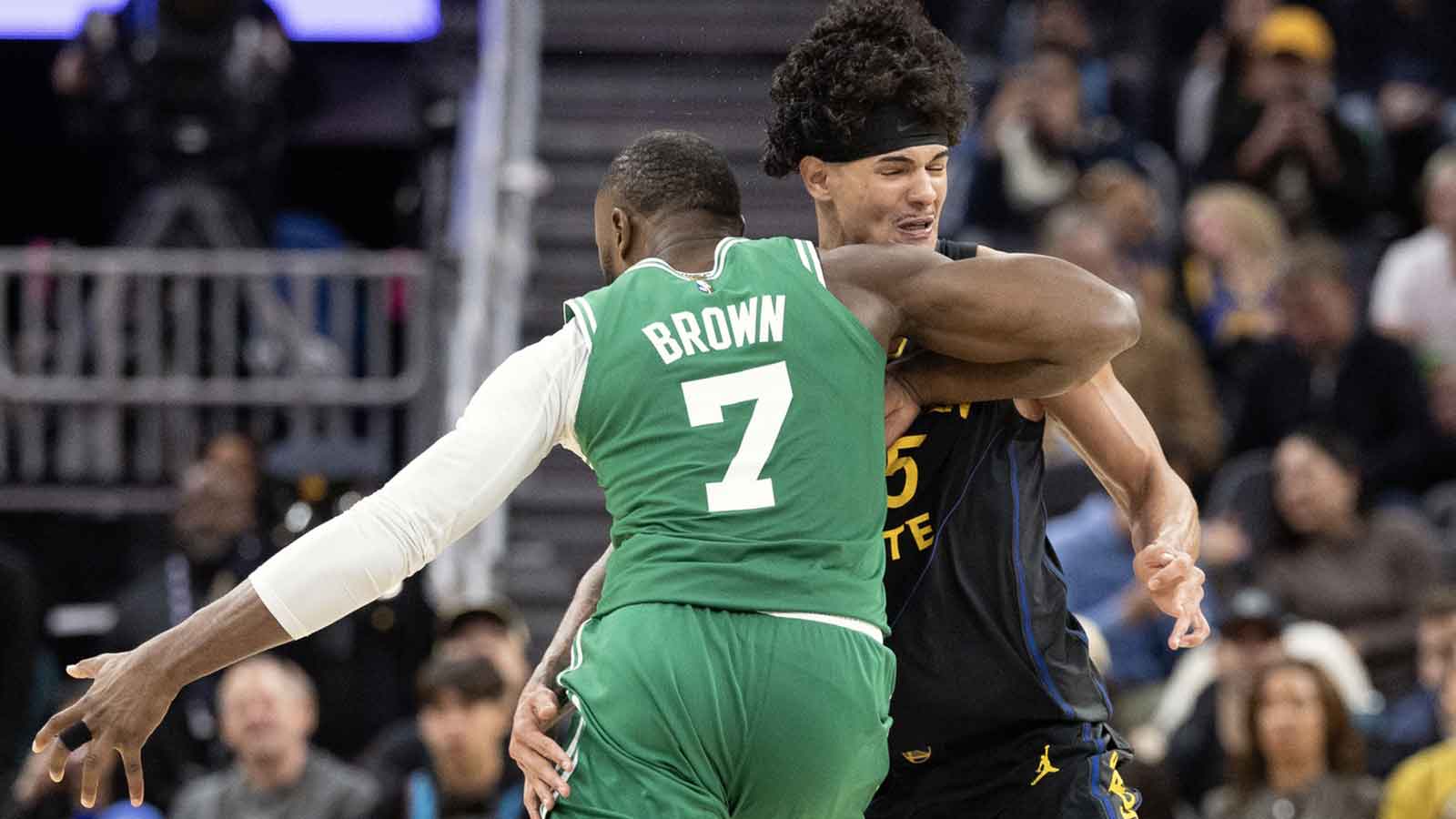After a historic NBA title run in 2024 and a bitterly fought campaign in 2025 that fell just short, the Boston Celtics found themselves at a crossroads. With a core led by Jayson Tatum, who is out for the majority of the new season, and Jaylen Brown, they had built a roster that was the envy of the league, deep, switchable, experienced, and brutal on both ends of the floor. Yet by the time the 2025 offseason arrived, cracks had emerged. Kristaps Porzingis was sent to Atlanta in a cap-clearing deal, and Jrue Holiday, so often the Celtics' defensive backbone, was moved as well. What followed wasn’t panic, but something more deliberate: a strategy of recalibration in the free agency and the 2025 NBA Draft.
Celtics offseason: Post Porzingis
* 13 players under contract (including 1st)
* Enough room for vet minimum and second rd. pick pic.twitter.com/fr6EJ86OLb— Bobby Marks (@BobbyMarks42) June 25, 2025
With two of their highest-paid veterans off the books, the Celtics suddenly found themselves in an unfamiliar position – financially flexible. Shedding Porzingis’s $30.7 million and Holiday’s $32.4 million allowed Boston to drop under the punishing second tax apron for the first time in years. They didn’t plunge into cap space; they were still over the luxury tax line by more than $15 million, but they had cleared just enough to regain access to the mid-level exception, something unavailable to them in prior years.
For a front office as strategic as Brad Stevens’, this was golden territory. And yet, flexibility wasn’t just financial, it was philosophical. In letting go of two high-usage, aging stars, the Celtics had also shed layers of injury concern, postseason reliability issues, and contractual immobility. However, holes remained, notably large ones, which were addressed in the 2025 NBA Draft, where they acquired Hugo Gonzalez at No. 28, Amari Williams, and Max Shulga via trade with the Orlando Magic.
Boston’s 2025 offseason: From cap crunch to calculated flexibility
Without Porziņģis, Boston’s frontcourt lost not just height and rim protection but a vital pick-and-pop dynamic that had opened the floor for Tatum and Brown. Al Horford, aging and increasingly inconsistent, couldn’t be expected to carry the load. Luke Kornet, while serviceable, lacked the defensive gravity and scoring touch to fill the void.
Meanwhile, the Spurs are keeping a close eye on Kornet, who was an instrumental piece in the Celtics' 2024 Championship win. The Celtics needed a new big, someone rugged, mobile, and willing to protect the rim without needing touches. Free agency, for the first time in years, offers them a chance to find such a player.
Meanwhile, Holiday’s departure left a more complex wound. He was the Celtics’ most reliable point-of-attack defender, a battle-tested veteran who guarded everyone from Donovan Mitchell to Jimmy Butler without blinking. His on-ball defense, clutch decision-making, and ability to stabilize chaotic stretches had become a staple of Boston’s playoff success. Losing that steadiness would be felt deeply.
1 Sneaky good player the Boston Celtics must sign in the free agency
At just 26 years old, Ayton still holds the pedigree of a former No. 1 overall pick. Despite a rocky tenure in Phoenix and a lukewarm stint in Portland, he has averaged a double-double for his career and remains one of the most naturally gifted big men in the league. The criticism he’s faced, mostly around motor and engagement, comes into a new context when he’s not expected to be a franchise savior. In Boston, he wouldn’t be asked to carry an offense. Instead, he would be the fourth or fifth option, and that’s precisely where Ayton can thrive.
Boston’s defensive identity has long been built around versatility and rim protection. Porziņģis offered length but often struggled against physical post players. Al Horford, while high-IQ and positionally sound, is no longer a consistent deterrent at the rim. Ayton, for all his flaws, can still block shots, contest at the rim, and switch out onto perimeter players in spurts, a skill set that fits beautifully within Boston’s switch-heavy, help-rotating defensive scheme. Imagine a lineup where Ayton anchors the paint behind perimeter stoppers like Derrick White and Jaylen Brown. That’s a defensive core that could suffocate teams.
With Deandre Ayton set to become a free agent, he could be a solid backup plan for Boston if the Celtics lose Horford and Kornet in free agency https://t.co/SNMcKpHMc8 pic.twitter.com/zxXWN69Xae
— Celtics Lead (@CelticsLead) June 30, 2025
Financially, signing Ayton wouldn’t be simple. He may not command a max deal after a quieter season in Portland, but he won’t come cheap either. However, the departures of Porziņģis and Holiday have opened up financial breathing room.
If Boston structures a deal cleverly, perhaps a front-loaded contract with team options, they could land Ayton without crossing the dreaded second apron. And given that the market for centers has cooled significantly, there’s a real chance Ayton could be signed for near or even slightly below market value if he prioritizes winning.




